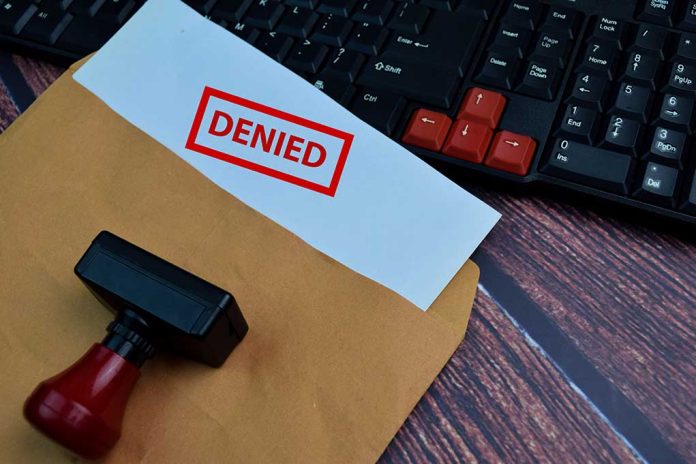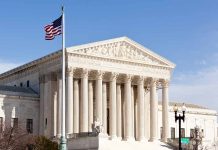
(RightWing.org) – Donald Trump faces criminal charges in several jurisdictions, including the US District Court for the District of Columbia. In August 2023, Special Counsel Jack Smith’s team filed a four-count indictment alleging the former president attempted to obstruct the peaceful transfer of power after the highly disputed 2020 presidential election.
On October 5, 2023, Trump’s legal team filed a motion to dismiss the indictment based on his claim of presidential immunity. US District Judge Tanya Chutkan, the jurist presiding over his case, issued a memorandum opinion denying his motion on December 1, 2023.
Six days later, Trump’s lawyers filed a notice of appeal, and the US Court of Appeals for the District of Columbia accepted the case. A three-judge panel heard oral arguments on January 9 and recently denied Trump’s immunity claim.
Three-Judge Panel Rejects Trump’s Claim of Presidential Immunity
On February 6, the DC Circuit’s three-judge panel handed down its opinion, per curiam, meaning jurists concurred wholly and unanimously on the findings.
The 57-page opinion addressed the five theories presented by Trump’s lawyers.
- Executive Immunity Post Presidency: The court found that “for the purpose of [his] criminal case… Trump has become citizen Trump… [and] any executive immunity that may have protected him… as president” no longer applied.
- Separation of Powers Doctrine: Trump argued that judicial review of a president’s actions, criminal or otherwise, violated the separation of powers. The court held that Trump “lacked any lawful discretionary authority” to defy criminal statutes and was “answerable” in a criminal court for his actions.
- Categorical Immunity: Trump also argued that holding former presidents criminally liable for their actions in office would have a chilling effect on future presidents and inhibit their ability to execute their duties properly. The court noted that past presidents understood the possibility of being subjected to “indictment” and “punishment” upon conviction. They also pointed to Gerald Ford’s pardon of Richard Nixon as an example of previous presidents understanding that executive immunity doesn’t apply after they leave office.
- Prior Impeachment: Trump’s legal team claimed criminal prosecution required both impeachment by the House and conviction in the Senate. The panel also rejected that claim by citing the US Constitution and written works by the Framers, including several passages from the Federalist Papers.
- Double Jeopardy: The final theory the court addressed dealt with Trump’s lawyer’s claim that jeopardy was attached during the Senate’s 2021 impeachment trial. The three-judge panel rejected that argument, explaining that the only remedies afforded by impeachment include removal from office and a ban on holding future office. Jeopardy requires the imposition of criminal penalties like fines and imprisonment. Additionally, the panel held that even if jeopardy applied, the charges filed by federal prosecutors didn’t contain the same elements included in Trump’s impeachment proceedings.
The judges gave Trump until February 12 to file for a stay with the US Supreme Court, pending the filing of a petition for a writ of certiorari. Otherwise, the clerk will release the mandate allowing Judge Chutkan to resume Trump’s criminal trial. The panel warned that if Trump filed for a hearing before the full DC Circuit, the mandate would not be withheld until the court decided to hear the case.
Copyright 2024, RightWing.org






















